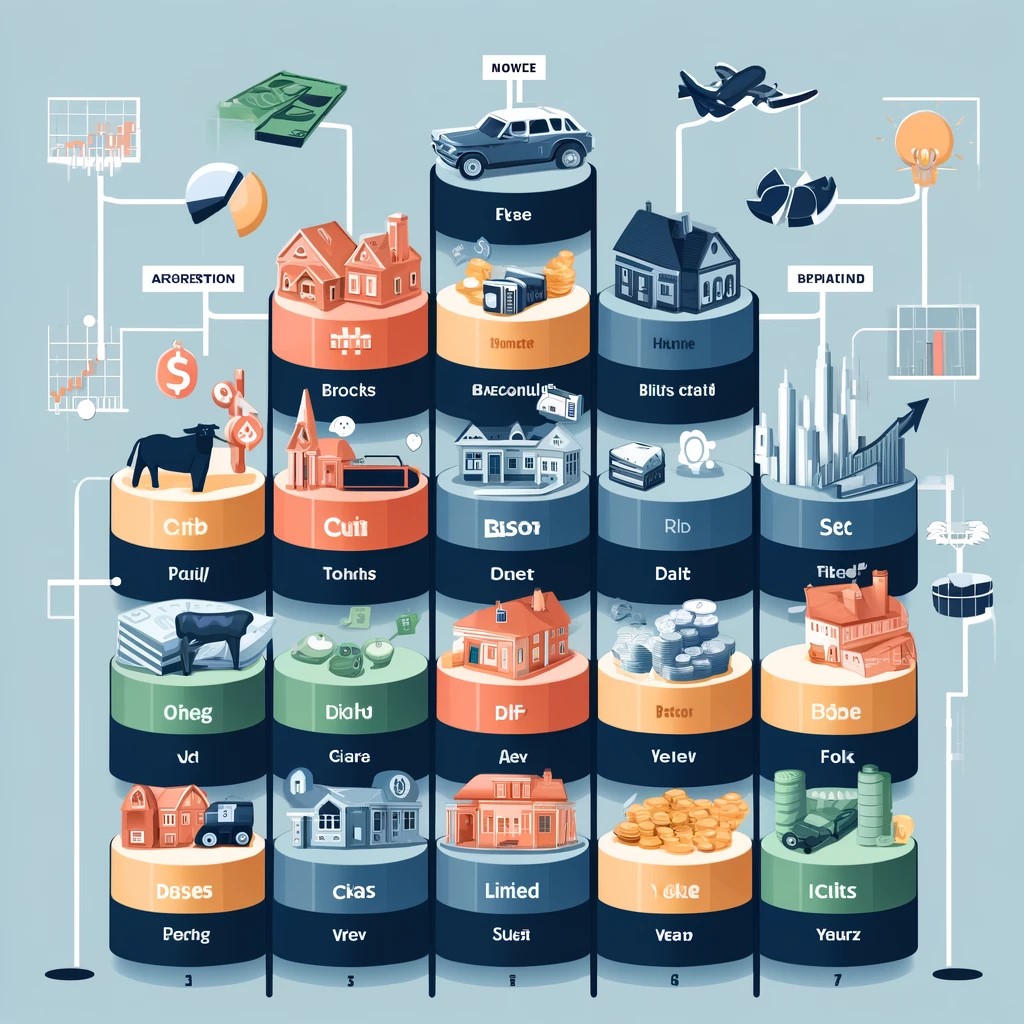The Impact of Market Sentiment on Stock Prices
Market sentiment is a powerful driver in the stock market, often influencing price movements as much as, if not more than, fundamental economic indicators. This psychological factor reflects the general attitude of investors toward a particular security or the financial market as a whole. Understanding its impact on stock prices is crucial for investors aiming to capitalize on market trends or avoid potential pitfalls. This article examines the role of market sentiment, its current trends, and future predictions.

Current Influence of Market Sentiment
Short-term Price Fluctuations: Market sentiment can cause significant short-term price fluctuations as investors react to news, rumors, or economic data. For instance, positive news about a company's earnings or a favorable economic report can lead to a surge in optimism, pushing prices higher. Conversely, negative news can prompt a sell-off.
Herd Behavior: Often, market sentiment leads to herd behavior, where investors follow the actions of the majority, whether buying or selling. This behavior can amplify market movements, sometimes resulting in overvaluation or undervaluation of stocks. Studies have shown that during market highs, euphoria can lead to inflated prices, while panic during lows can cause stocks to plummet below their intrinsic values.
Impact of Social Media: The rise of social media has exponentially increased the speed and impact of how sentiment affects stock prices. Information, whether accurate or not, spreads quickly, and its immediate effect on market sentiment can be profound. Platforms like Twitter and Reddit have become influential in shaping investor decisions, exemplified by cases like the GameStop trading frenzy in early 2021.

Predictions on Future Trends
Increased Volatility: As information technology advances and social media continues to weave into the daily operations of financial markets, we can expect heightened volatility driven by rapid shifts in market sentiment. This will be particularly noticeable in stocks that are heavily followed on social media platforms.
Greater Focus on Sentiment Analysis: The future will likely see an increased focus on tools and algorithms designed to analyze and quantify market sentiment. This includes sentiment analysis software that mines data from news articles, social media, and other textual sources to gauge the mood of the market. Such tools can help investors make more informed decisions by providing real-time insights into the general market sentiment.

Integration with Artificial Intelligence (AI): AI and machine learning will play a more significant role in interpreting market sentiment and its implications for stock prices. These technologies will enhance predictive models by analyzing vast amounts of data to identify patterns that precede certain market responses.
Conclusion
The impact of market sentiment on stock prices is undeniable and is poised to become even more significant in the future. As investors increasingly react to rapidly disseminated information through digital platforms, understanding and navigating market sentiment will be critical. The future of investing will require a keen grasp of both traditional market analysis and the psychological drivers of market behavior, emphasizing the need for advanced tools and investor education on market sentiment.
(Writer:Ciki)





